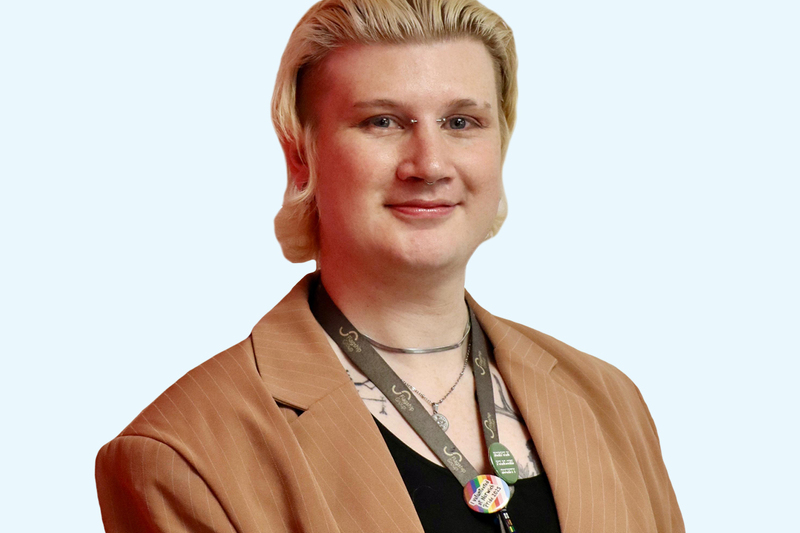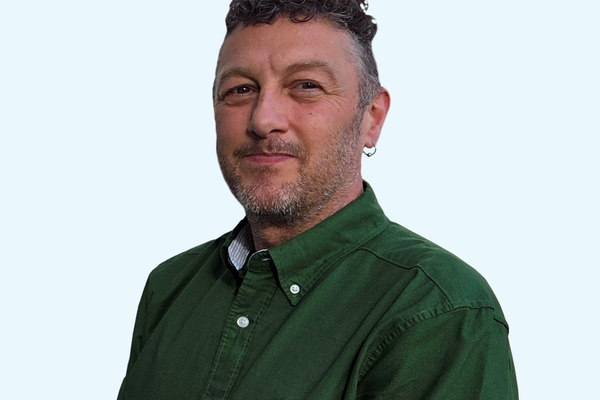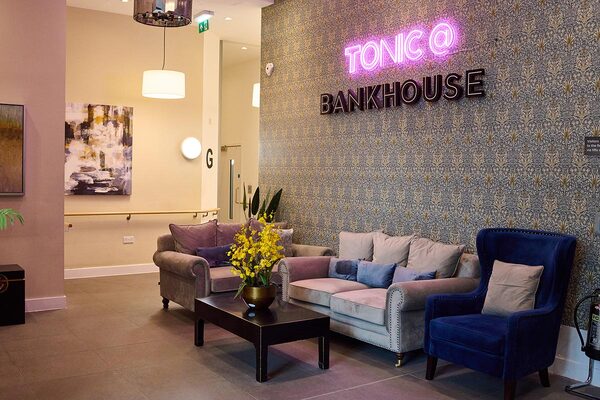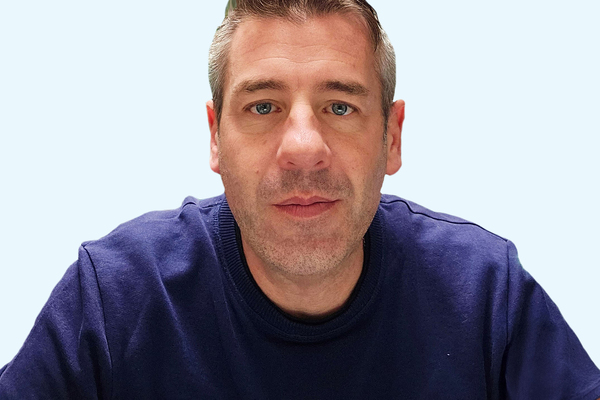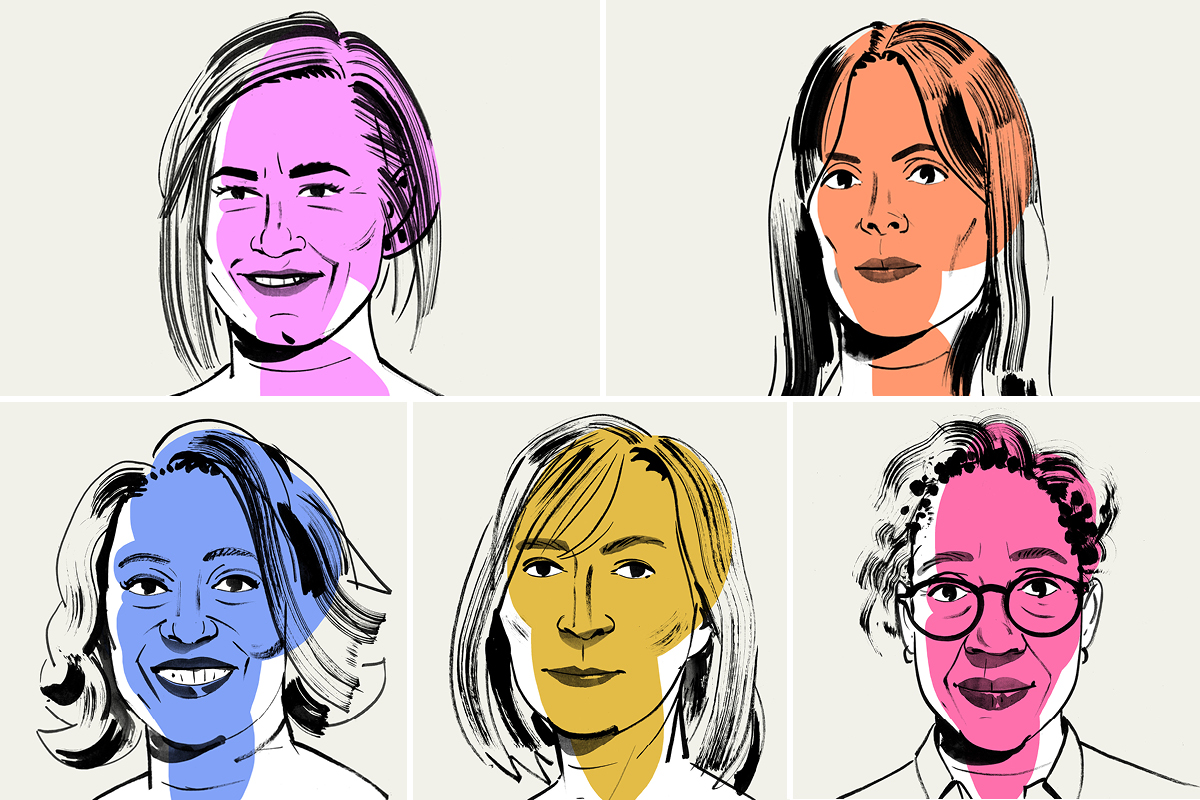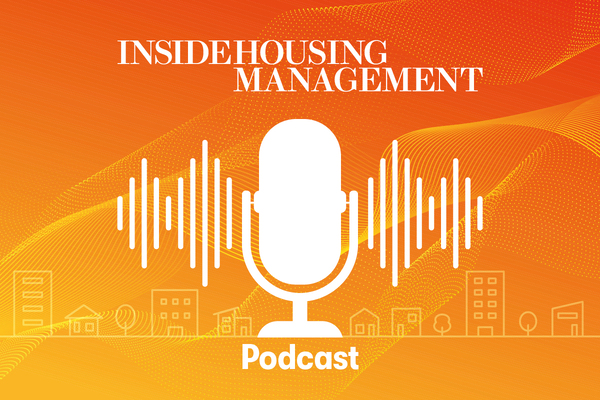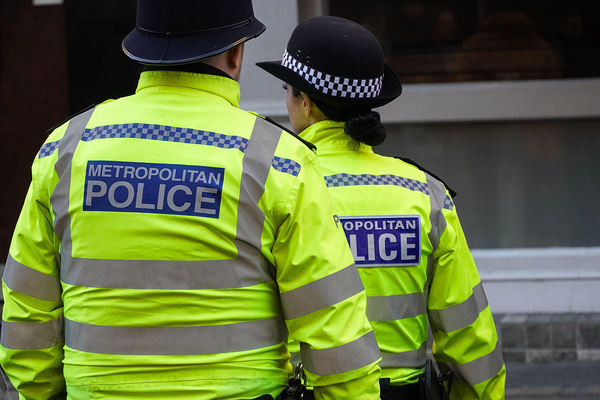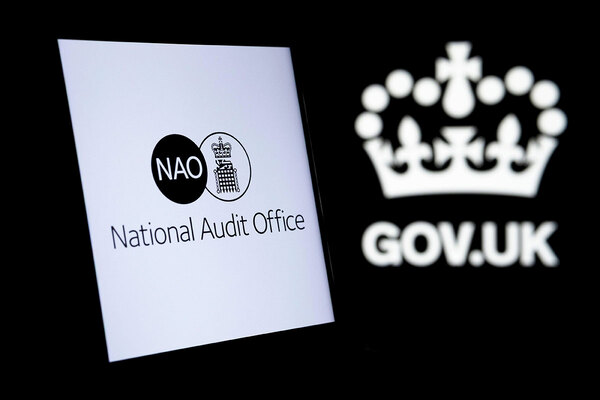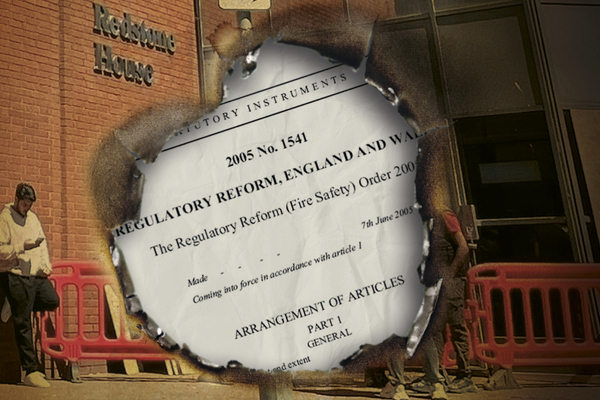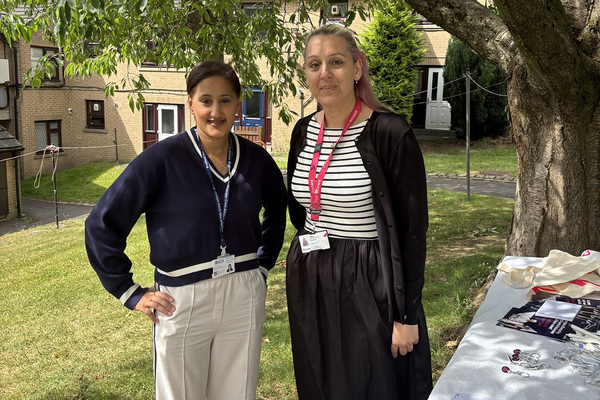You are viewing 1 of your 1 free articles
Why housing providers must offer dedicated LGBTQ+ services
Housing providers must step up to tackle discrimination that leaves too many without safe homes, writes Liv Castle, communications assistant at Bromford Flagship
The LGBTQ+ community is tight-knit, and even if we’re fortunate enough to have never experienced housing issues, we all know someone who has. A friend of mine was outed as trans at work, and consequently lost her job, income and home. She was lucky to avoid homelessness thanks to family living locally, but the starkest part was how unsurprised she was. She met this reality more with resigned acceptance than fear, and that’s no way to live.
For the past few years, I’ve been proud to take part in my local Pride march here in Norwich. And I’ve been able to do so supported by my employer. So, each July, thousands of people see us and the clear message on our banner: “Housing should be safe for everyone”. The numbers don’t lie – the LGBTQ+ community faces disproportionate levels of housing insecurity.
In 2017, the University of Surrey and HouseProud interviewed 260 LGBTQ+ residents. They found that 32% of respondents, and 60% of trans+ respondents, felt their neighbourhood was unsafe for them as an LGBTQ+ person. This leads to people self-censoring for visitors, ie changing their home to conceal their identity, or simply not letting people in.
One account tells of someone vetting operatives “at the door, because [they’ve] had someone be abusive before…”. Imagine feeling unsafe in your own home, somewhere supposed to be your safest haven.
“77% of LGBTQ+ youths seeking support from akt say ‘family rejection, abuse or being asked to leave home’, directly led to their experiences of homelessness”
The same research had stories of people feeling their housing provider wouldn’t be able to deal with things like harassment or wouldn’t take claims seriously. “Whatever the abuse, it needs to be acted on, and that’s what housing associations aren’t doing,” says one respondent.
Then there’s research by homelessness charity akt, which found up to 77% of LGBTQ+ youths seeking support from their charity say “family rejection, abuse or being asked to leave home”, directly led to their experiences of homelessness. And if someone loses their job and financial independence for the same reasons, they fall through the gaps that legislation like the Equality Act (2010) was meant to close.
These facts are damning. But knowing the problem is half the battle, and now we can actually do something about it.
There’s London’s Tonic Housing, which made headlines back in July by becoming the UK’s very first registered LGBTQ+ housing association. It formed after research showed a specific housing need for older LGBTQ+ people, something that has since proved both extremely popular and necessary – it was and is a response to what local residents needed.
Residents need housing providers that go beyond basic equality legislation. As one respondent from the University of Surrey and HouseProud study put it: “[The housing provider] may well tick the diversity box and abide by their kind of law but they don’t do anything other than that…”
So, what can we do? Embed inclusive practices now, so people are happy and safe in their homes. Get help from the experts, and leverage the expertise of existing LGBTQ+ organisations with years of experience. It’ll make our workplaces, and our colleagues’ and most importantly our customers’ lives better.
“Embed inclusive practices now, so people are happy and safe in their homes. Get help from the experts, and leverage the expertise of existing LGBTQ+ organisations with years of experience”
We can also increase awareness training, create dedicated liaison roles, and even just give staff the option to include pronouns in email signatures; these are sincere, inclusive practices that might just make someone feel secure enough to interact with their housing provider. Think how many repairs may go unreported because someone doesn’t trust that their provider will send someone safe.
And beyond that, make sure it’s sincere and more than just ticking a box. We can and should take part in Pride marches and ensure our policies support staff and customers alike, but we can also engage with our communities. Listen to their worries and support needs, and make sure our work outwardly reflects that we’ve listened and adapted.
Housing providers and the government exist to offer safety and protection to people. We’re telling you there’s a need, and we need to step up to give safe housing to everyone in every marginalised community. People have a right to feel safe in their homes.
Liv Castle, communications assistant, Bromford Flagship
Sign up for our tenancy management newsletter
Already have an account? Click here to manage your newsletters
Related stories
